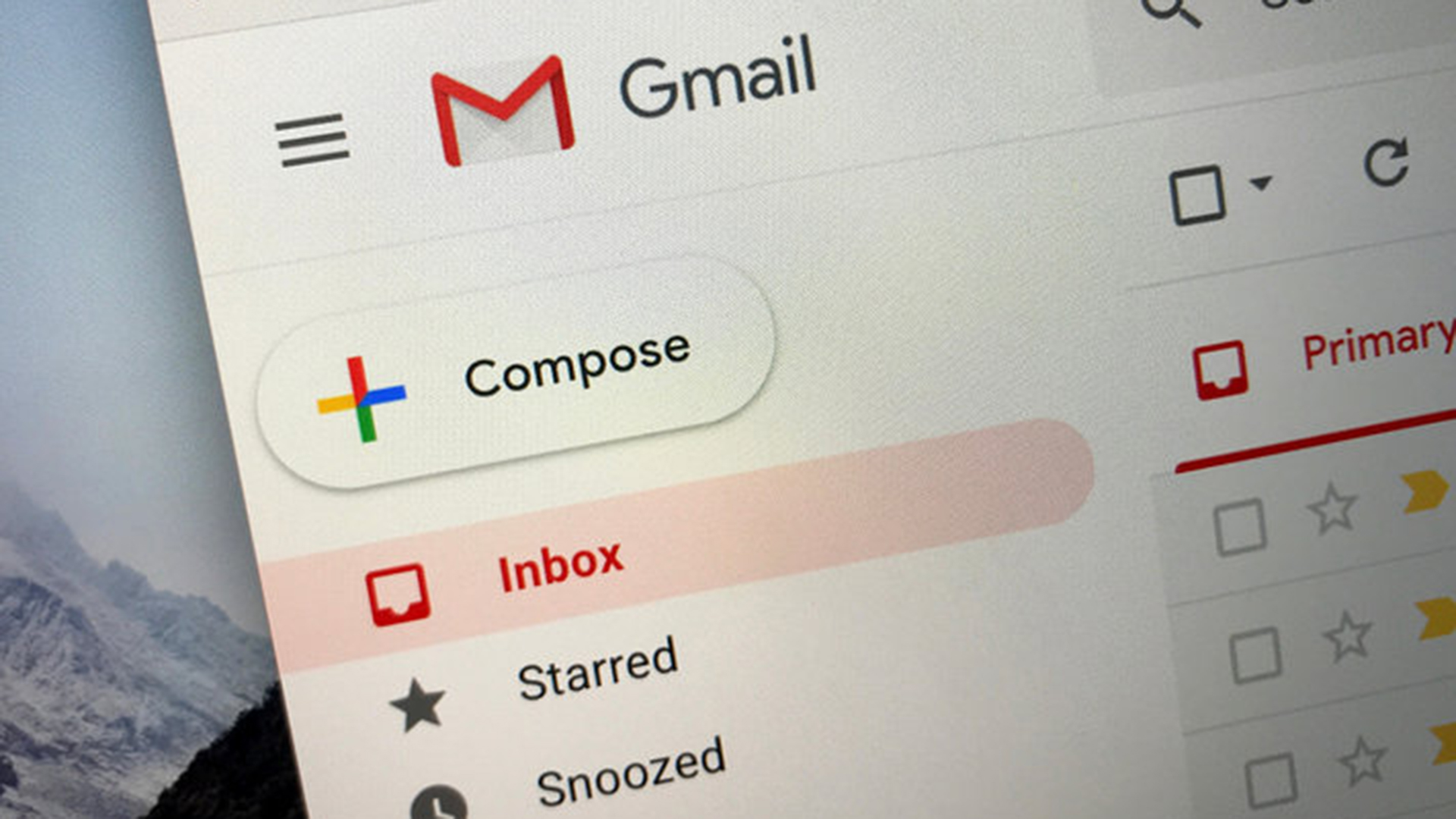Apple vs Google: Hardware and software face off in the ultimate phone battle
The Google Pixel 7 wants to take on the iPhone 14 with smart software tricks
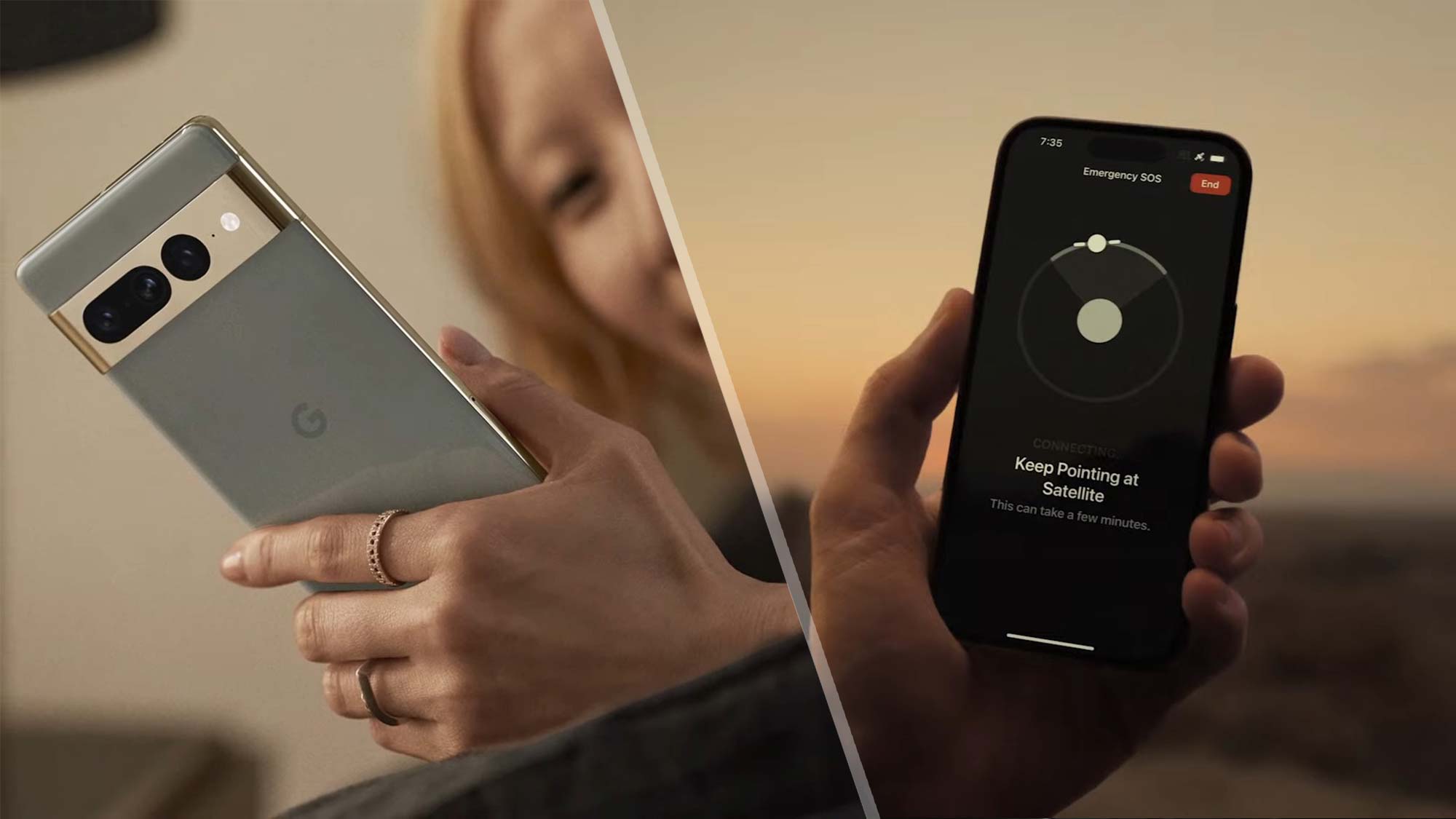
Google is leaving no stone unturned in the latest Tensor-powered chapter of its Pixel products. Not only has the company refreshed Pixel 7 and Pixel 7 Pro, but it’s also announced the Pixel Watch and more details about the Pixel Tablet. While Google’s new flagship Pixel phones and its first-ever smartwatch house top-of-the-line specs, that’s not what it’s banking on to sell them. Instead, it’s taking on Apple’s iPhone 14’s unrivaled hardware by playing to its strength: software.
The Made by Google event made one thing unequivocally clear: Google knows taking on the iPhone’s hardware is an uphill battle. Apple’s in-house silicon division has years on Google’s fairly nascent counterpart. Even though Google’s Tensor processor was a success on last year’s Pixel 6, it’s still far from catching up to Apple’s A-series chips.
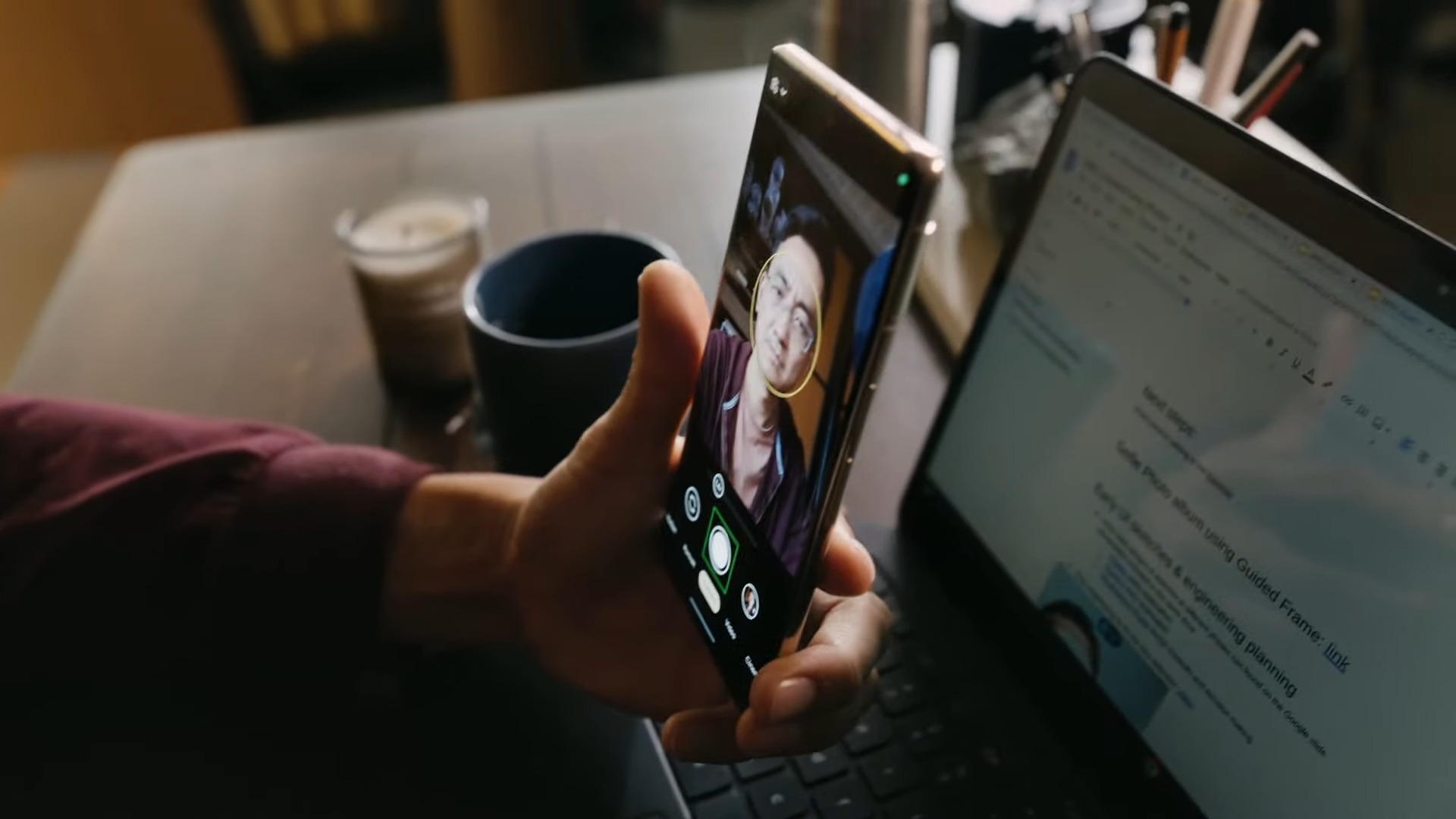
Google’s pitch for the Pixel 7 phones, therefore, was in clear contrast to the one Apple made for the iPhone 14 last month. Unlike Apple or any other phone maker, Google didn’t spend much time diving deep into the Pixel 7’s specs — it didn’t tell its audience what the contrast ratio was of the screen or the number of transistors inside its new Tensor G2 chipset. No, once it revealed a few essential bits of the phones, such as their display sizes and the addition of Face Unlock, Google quickly moved on to discuss the experiences these upgrades enable and why they matter.
As opposed to putting up a chart pitting the Tensor G2 against the competition, for example, Google introduced a range of clever AI-backed features like the ability to see the extension options of a business call right on your screen instead of having to listen to them and cutting the noise out when you’re phoning someone in a noisy environment.
The Pixel 7 and Pixel 7 Pro’s cameras have been similarly uplifted through software thanks to the Tensor G2’s extra power. They offer a bunch of new options that will come in handy in day-to-day use. You can, for example, scan your old polaroids and the Pixel 7 will unblur any blurred faces on them and fix other blemishes like lighting issues. Plus, the Pixel 7 can smartly take advantage of its multiple cameras to prevent your shaking hands from affecting your zoomed-in pictures and videos. A new accessibility tool called Guided Frame can help visually impaired users to angle their phones correctly to capture selfies with audio cues and haptic feedback.
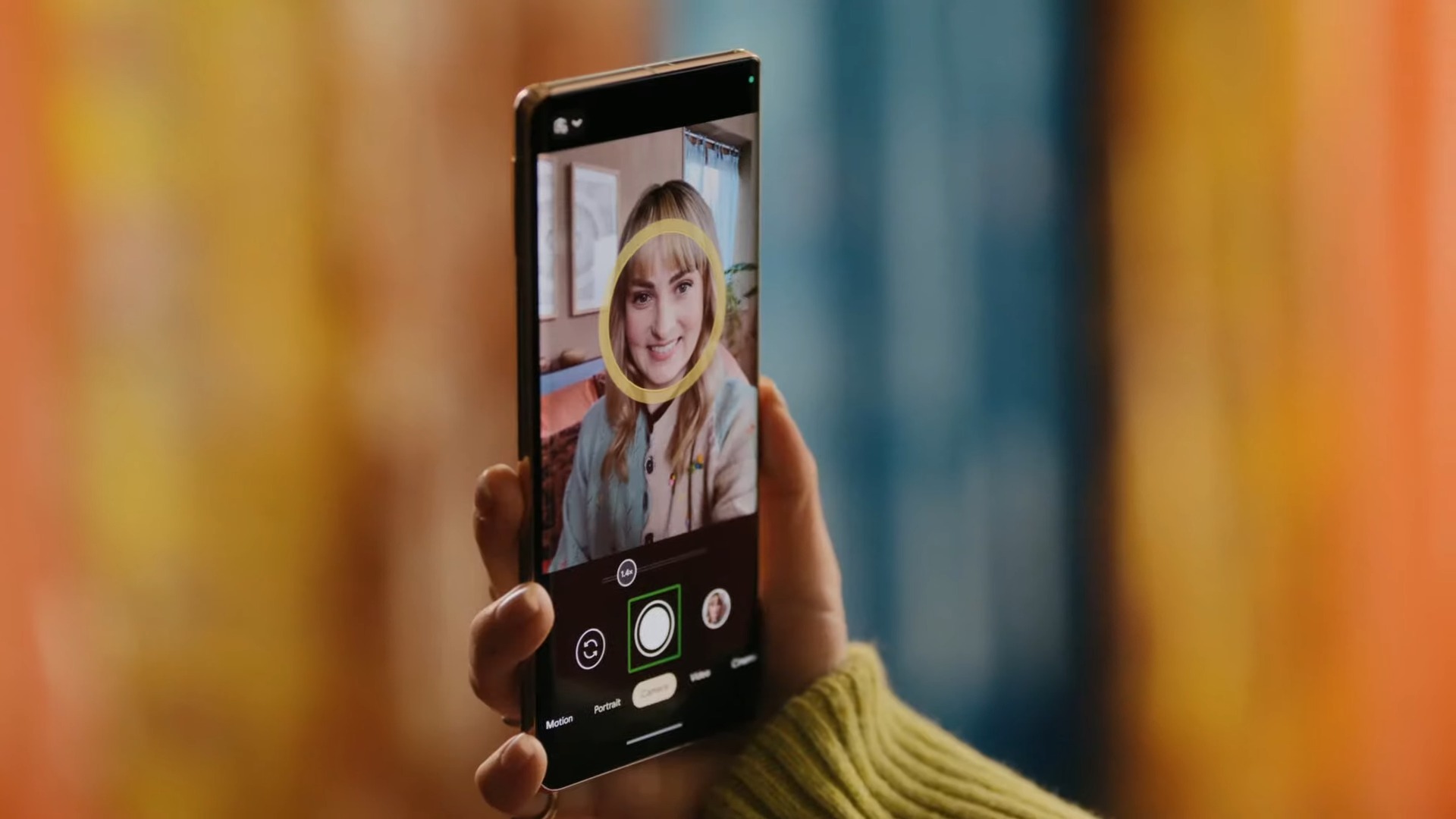
“Every Pixel device is designed to deliver a level of personal intelligence that turns day-to-day problems into truly delightful experiences,” Google wrote in a blog post.
The Pixel 7 and the iPhone 14’s taglines reflect this stark difference in approaches. The former focuses on what its specs deliver at the end of the day: “Simply Powerful. Super Helpful,” while the latter is meant to plainly highlight the iterative jump in its display and battery sizes: “Big and Bigger.”
Stay in the know with Laptop Mag
Get our in-depth reviews, helpful tips, great deals, and the biggest news stories delivered to your inbox.
Of course, Google’s software has been the cornerstone of the Pixel series since its inception. However, the arrival of the Tensor chip has allowed Google to fine-tune the experience for its in-house services. And since the Pixel 6 proved Google is no longer too far behind in performance — freeing up its silicon efforts from the endless scrutiny — the company can tuck the hardware in the background and let its software truly take center stage.
Besides, hardware supremacy has a ceiling and as evident from the iPhone 14 keynote, Apple is also running out of ideas to sell its devices, turning to grand software tools like car crash detection to attract buyers. High-end specs are pretty much now the default across the industry, especially in the premium flagship range. No matter the phone you pick up, you’ll get a screen that’s bright and sharp enough, a sufficiently fast chipset, all-day battery life, and more.
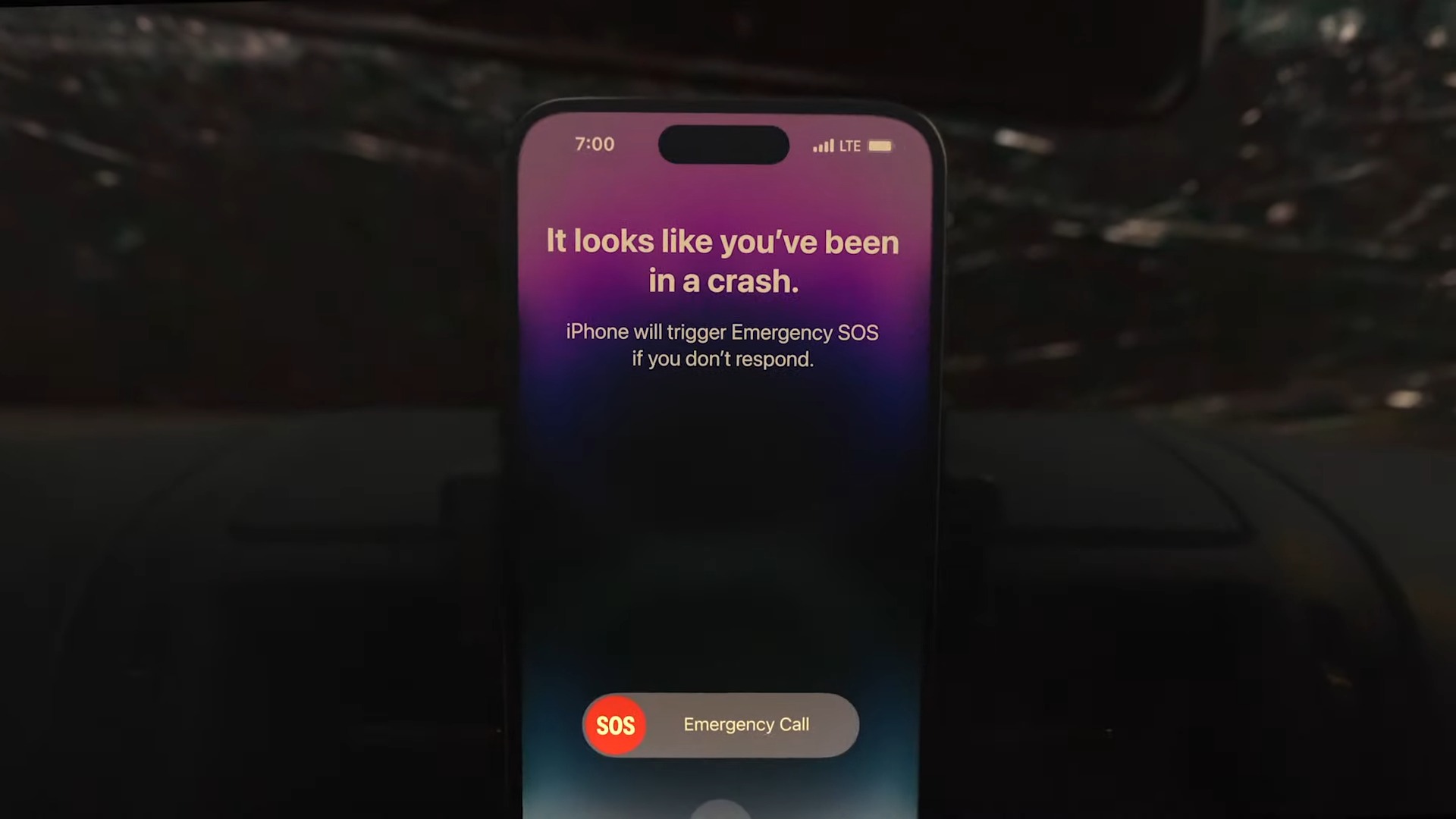
The only place where there’s room for competition, it appears, is in the software. Google is now capitalizing on this saturation as well as its machine-learning prowess to position the Pixel 7 as a constantly evolving smartphone.
We’ve already witnessed this with previous Pixels. Since 2019, Google has regularly brought new abilities to its old phones — in addition to the latest model — through an initiative called “Feature Drops.” The most recent one in June of this year was rolled out to the three-year-old Pixel 4. Apple, in comparison, rarely announces backward-compatible features irrespective of whether they’re hardware-dependent. For someone spending $1,000 on a phone (the Pixel 7 Pro costs $899), Google’s software-first focus is not only more interesting but also practical as they would expect it to last a few years.
Google, in a lot of ways, breathed new life into its Pixel series last year with the Tensor chip. The Pixel 7 is a more refined iteration of that, and on paper it offers an ideal balance of software and hardware at a highly competitive price. Whether that’s enough to make Apple nervous remains to be seen, but Google is surely going all-in as it sent its largest Pixel order to suppliers. It reiterated its commitment to the Pixel lineup by adding that Tensor “represents years of development across Google and a long-term investment in the Pixel portfolio.”
Shubham Agarwal is a freelance technology journalist from Ahmedabad, India. His work has previously appeared in Business Insider, Fast Company, HuffPost, and more. You can reach out to him on Twitter.
